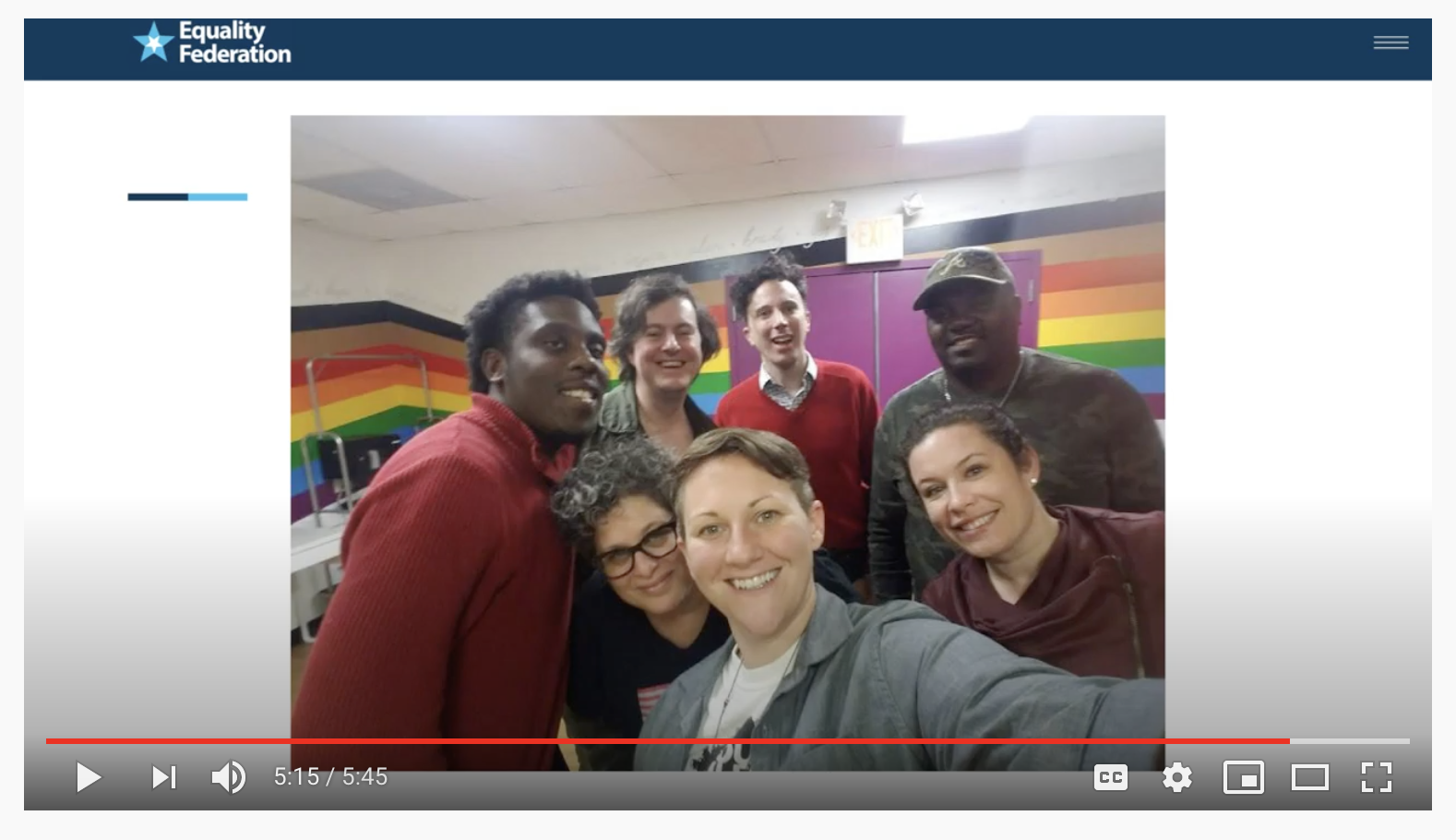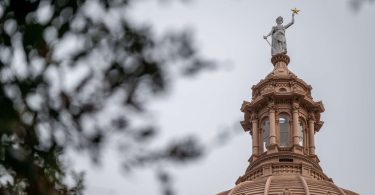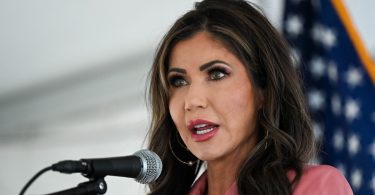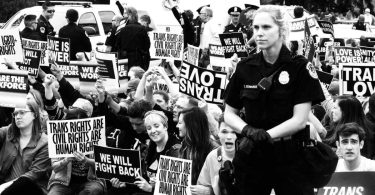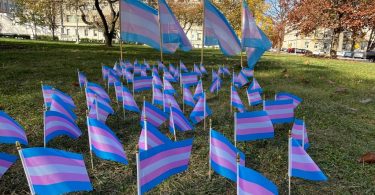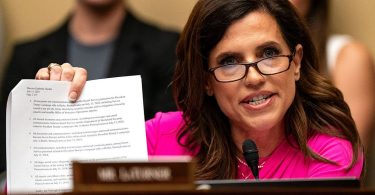
From the fall of 2018 through spring 2019, Equality Federation members across the country played important roles in registering and turning out hundreds of thousands of voters to elect pro-equality candidates and win ballot measures. But what we learned as the national partner to these groups is that it isn’t just during elections that they need volunteers and donors to advance their missions — state-based equality organizations need this year round.
So we decided to prioritize this work through a new program called Project Game Changer.
A strong, active base translates into more donations, more community members at lobby days and in-district visits, more volunteers knocking on doors, more trained spokespeople, more community leaders, and more wins. We don’t just want members to add names to their lists, we want them to put these people to work in the name of their own liberation.
And we don’t want our members to only reach out to their base when it is time to vote or make a gift. We envision thousands of active leaders in every state, doing the work—volunteering, taking online and offline action, voting, donating—that helps us win. This base of supporters is the source of the organization’s power to move bold agendas, to shape a values-based message about equity and justice, and to ultimately make every community safe and welcoming for LGBTQ people.
If we can build these teams, nothing can stop us. This kind of people power totally changes the game.
For the past year, I had the privilege of working with six of our member organizations to advance their integrated voter engagement programs. The first group that began this program was Georgia Equality, who dove into the work with gusto. I worked closely with Shannon Clawson, their Statewide Outreach Manager, to develop their program. When they began, the team wanted to prepare for the 2020 elections. They knew they needed a dedicated force of volunteers to be successful, but they didn’t have the map to get there.
Through one-on-one sessions with Shannon and group sessions with the rest of the team, we developed a plan that would link together each department: communications, development, and organizing. Their team set goals and learned how to use their digital presence to reach out to new volunteers. The organizing team grew, slowly but surely, into a large volunteer force that now includes people who reflect the community as leaders. Now they are prepared for the 2020 election, because of the work they did all year long to empower their volunteers into engaged, active members of their organization.
As the experiences of many nonprofits in the wake of the 2016 election showed, organizations need to master a range of approaches for raising money, recruiting supporters, and getting their message out. While the more traditional methods such as galas and year-end mailers are still important, the new COVID virtual era has brought about new methods and avenues that are equally important.
In many states, especially in the South, our member organizations need to build this kind of power to change the game. If local organizations like Equality Federation members prioritize organizing and base-building work that creates power for the community, we will see greater success on an intersectional LGBTQ agenda, inclusive of reproductive rights, anti-racism work, and immigration issues. This will change the game for all of us.

